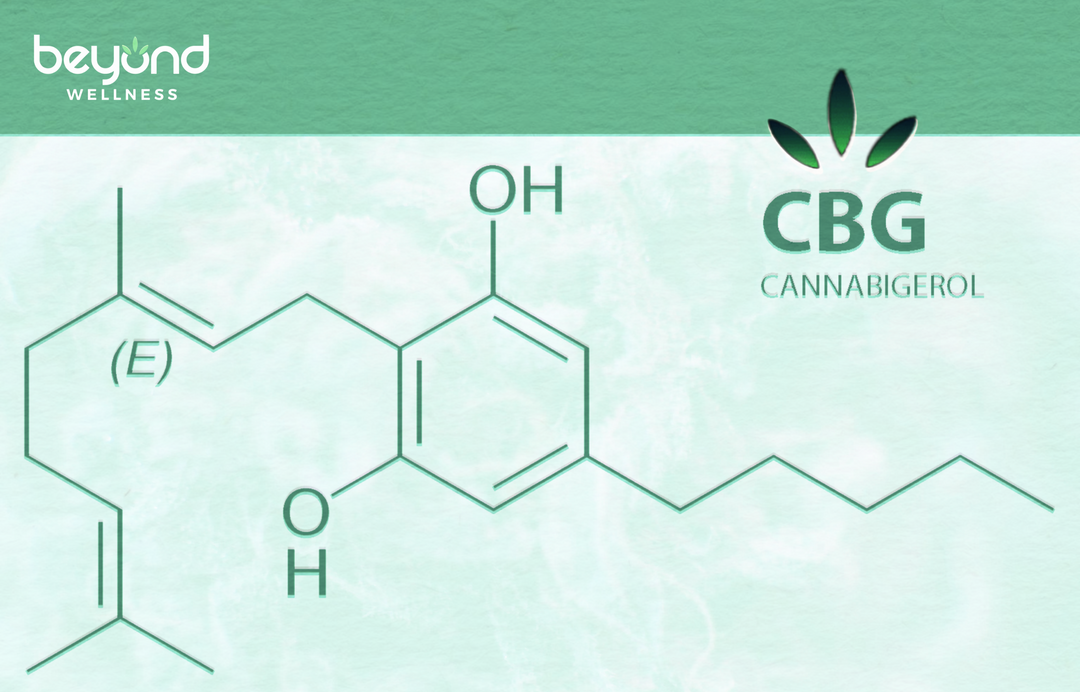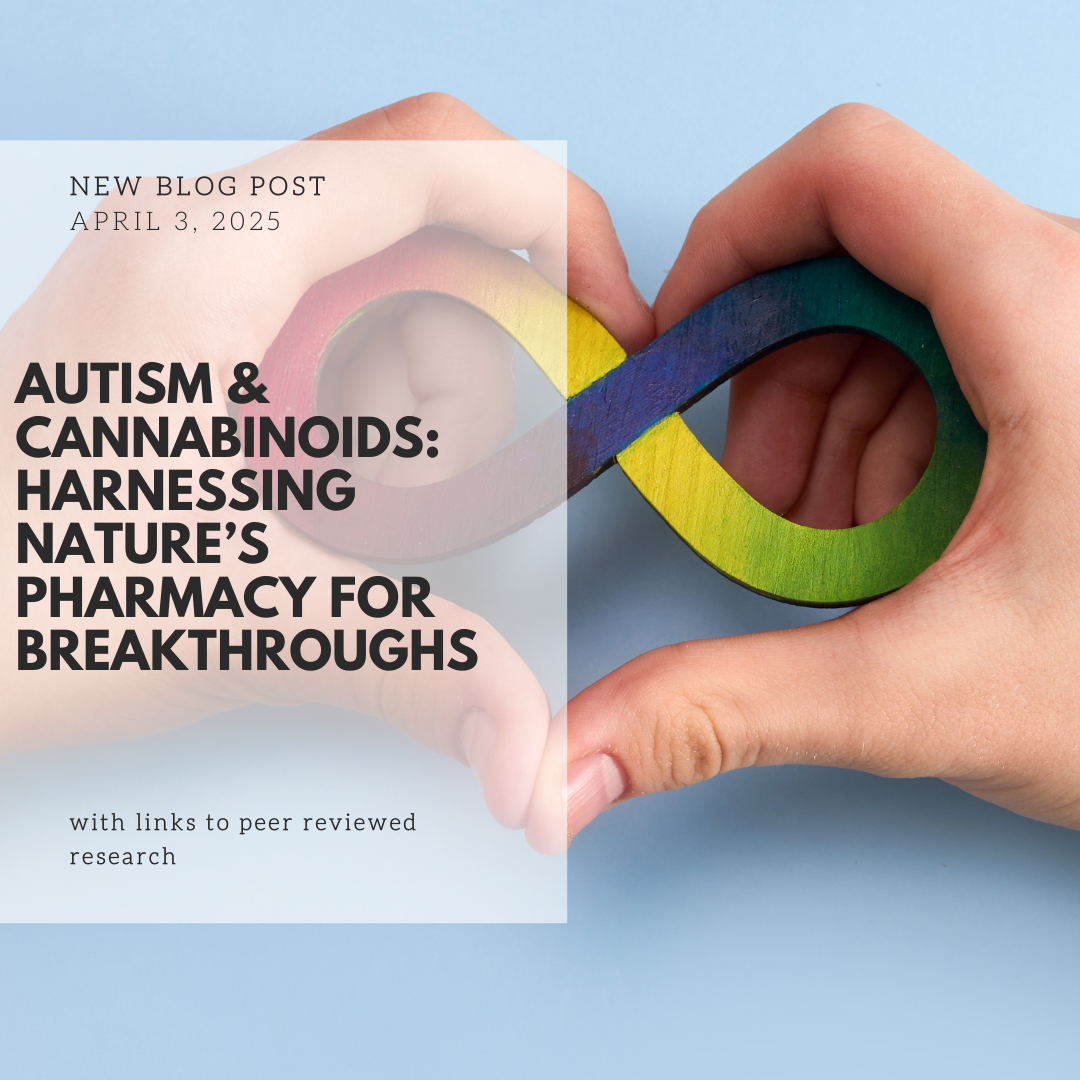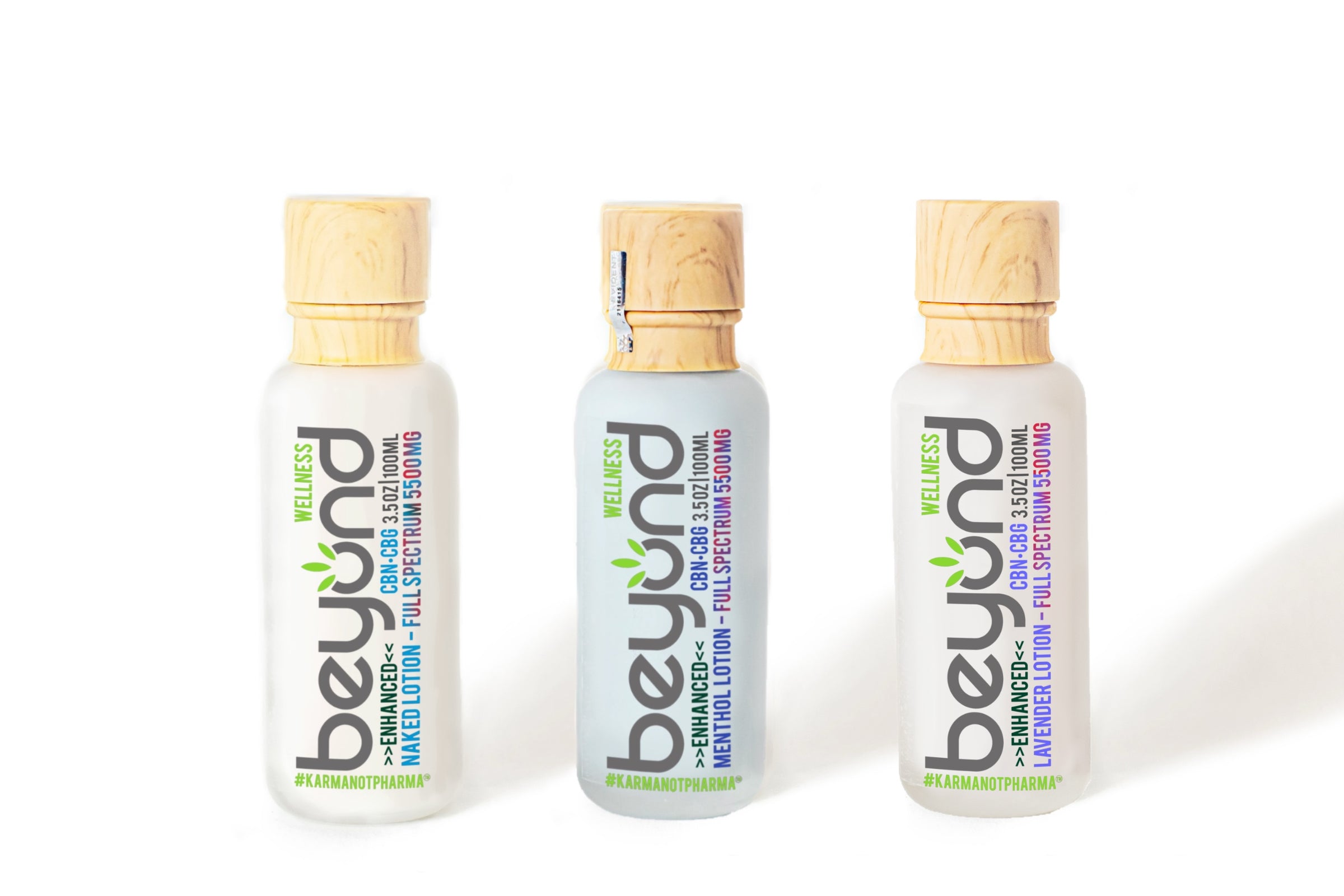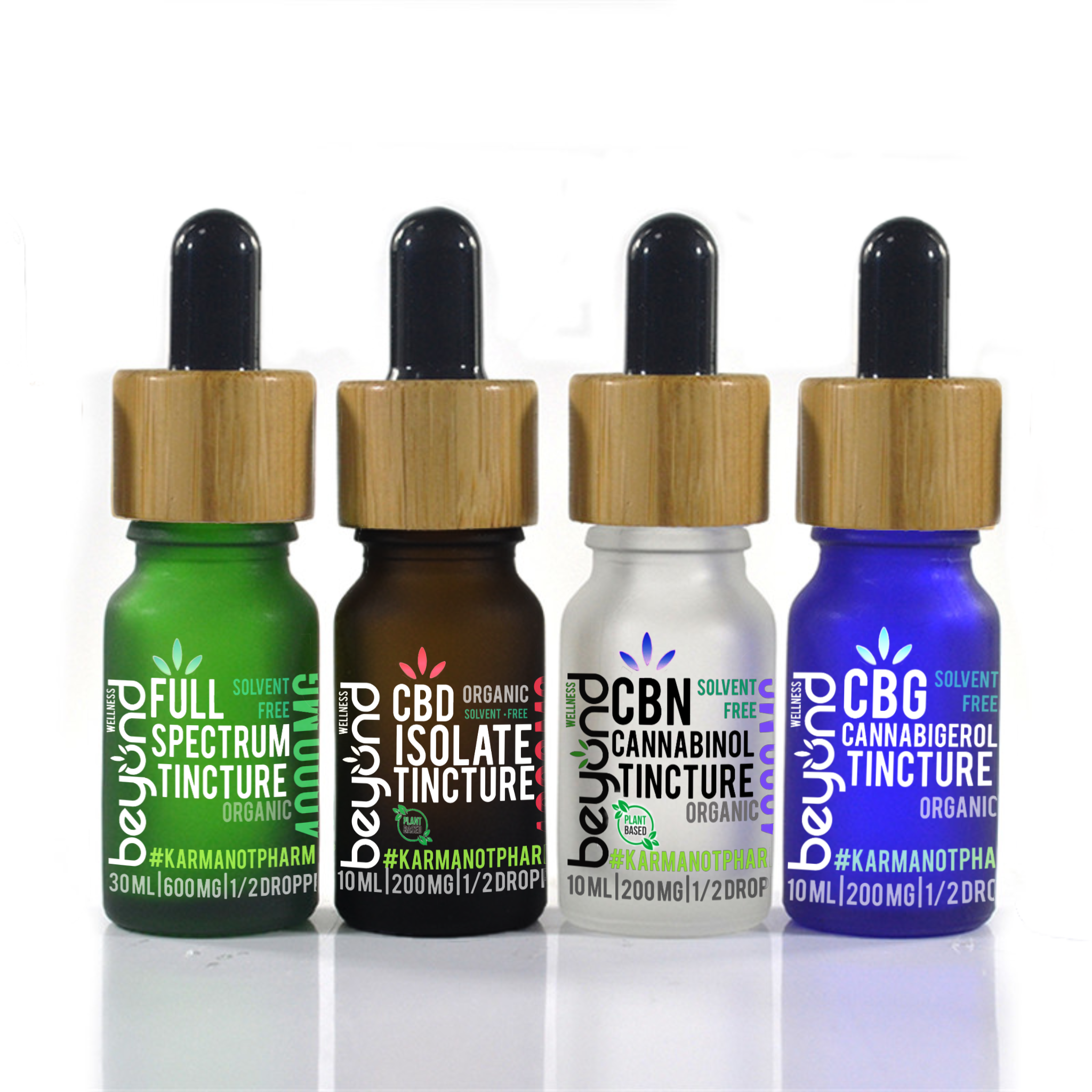News

A glioblastoma diagnosis is overwhelming, especially when it affects a child. These aggressive brain tumors are difficult to treat, and while chemotherapy and radiation are standard, many families are seeking integrative solutions that support the body without adding toxicity. At Beyond Wellness, we explore options that blend plant-based science, holistic care, and peer-reviewed research. Here’s everything you should know about using cannabinoids like THC, CBG, CBN, and full-spectrum CBD, alongside holistic strategies for pediatric glioblastoma (GBM) management.

The growing body of research on cannabigerol (CBG) reveals its immense potential as a therapeutic compound. With its anti-inflammatory, neuroprotective, antimicrobial, anticancer, and mood-stabilizing properties, CBG presents a promising avenue for the development of novel treatments for a wide range of health conditions.

Recent research highlights the potential of non-psychoactive cannabinoids—CBD, CBG, and CBN—as promising therapeutic tools for Autism Spectrum Disorder (ASD). CBD has shown efficacy in reducing anxiety, aggression, and sleep disturbances, while CBG may support cognitive function and reduce neuroinflammation. CBN, often associated with sleep improvement, is also being studied for its neurogenic properties. The most significant benefits appear when these compounds work together in full-spectrum formulations, leveraging the entourage effect to enhance symptom relief. While further large-scale studies are needed, these findings suggest that cannabinoids could play a transformative role in ASD treatment.


Do you ever experience a sharp, tingling pain sensation that runs from your lower back, and down the leg to your foot? You could be among the staggering 40% of the population that suffers from sciatica pain. So, what exactly is sciatica? Today’s blog will focus on the efficacy of CBD as a treatment for this common problem.
As always, we will look to plant medicine for a cure. Rather than relying on the commonly prescribed opioids as the pharmaceutical companies continue to push. Common opioid drugs for sciatica include Vicodin, OxyContin, Duragesic, Demerol, and Ultram. Each of these drugs has a similar mechanism for relieving pain symptoms. Cannabidiol and plant medicine is an enduring, healing treatment option with no risk of addiction and no side effects.








